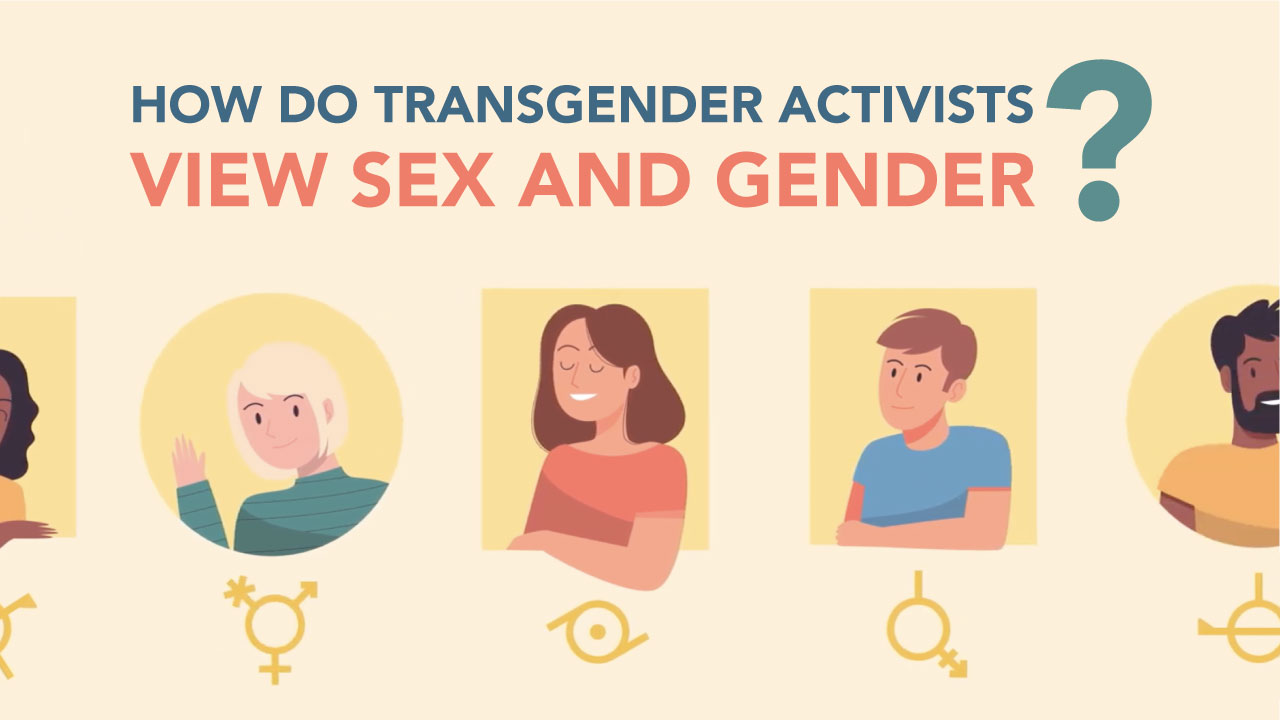Are Miracles Hoaxes?
What Would You Say?
You’re in a conversation and someone says, “Miracles are impossible. They’re either hoaxes, or just the name that people gave to phenomena before we had scientific explanations for them.”
What would you say?
Assumptions aren’t arguments. But they often pretend to be arguments. When someone says, that miracles are impossible, they’re not actually arguing for a view. They’re just assuming it and expecting you to agree. Don’t. Not only are miracles possible, but they’re often the best explanation for amazing events—especially those recorded in Scripture.
So the next time someone says, “miracles are impossible,” here are three things to remember:
First, ruling out miracles isn’t a scientific conclusion, it’s a worldview called naturalism.
Second, miracles are often the simplest explanations for events recorded in Scripture.
Third, ancient people didn’t need science to recognize a miracle when they saw one.
- Transcript
- More Resources
- Watch More
You’re in a conversation and someone says, “Miracles are impossible. They’re either hoaxes, or just the name that people gave to phenomena before we had scientific explanations for them.” What would you say? Assumptions aren’t arguments. But they often pretend to be arguments. When someone says, that miracles are impossible, they’re not actually arguing for a view. They’re just assuming it and expecting you to agree. Don’t. Not only are miracles possible, but they’re often the best explanation for amazing events—especially those recorded in Scripture. So the next time someone says, “miracles are impossible,” here are three things to remember: Number 1: Ruling out miracles isn’t a scientific conclusion, it’s a worldview called naturalism. When people say “miracles are impossible,” what they usually mean is that they don’t believe supernatural events can happen, only natural ones. But ruling out supernatural events from the start isn’t the same as proving that they’re impossible. If I say England doesn’t exist because I don’t believe in England, I haven’t proved a thing. And then if I reject all evidence for England’s existence because I think England is an imaginary country, I’m reasoning in a circle. This is what naturalists are doing when they deny that miracles are possible because only natural explanations are allowed in their worldview. They’re assuming what they need to prove. Number 2: Miracles are often the simplest explanations for events recorded in Scripture. If we don’t assume naturalism, then the simplest explanation for many reported miracles (like the resurrection of Jesus) is that they really happened. In order to explain evidence like the empty tomb, the emboldened disciples, and the start of the early church, a real and miraculous resurrection best fits the facts. Those who still reject this miracle rarely offer a simpler explanation. In fact, they often lean on complicated, unlikely stories about how Jesus didn’t quite die on the cross, or how the disciples mass-hallucinated—all to avoid accepting a miracle. Because they assume miracles can’t happen, any explanation, no matter how unlikely, is preferable. But that is, once again, circular reasoning. Number 3: Ancient people didn’t need science to recognize a miracle when they saw one. We hear this all the time: people in centuries past called anything they couldn’t explain a miracle. But now that science has enlightened us, we know better. In his book entitled “Miracles,” C. S. Lewis addresses this objection by pointing out that ancient people didn’t need science to tell them that virgins don’t typically conceive, people don’t usually walk on water, and men don’t naturally rise from the dead. They knew all this. That’s why they were amazed when these things happened. As Lewis writes, miracles were a way for the Author of nature to announce Himself by showing His power over it. So many of the “arguments” we hear against miracles are really only assumptions. And they all come back to assuming the worldview of naturalism: the idea that nothing exists beyond the physical world. But if there’s more to reality than nature, there’s nothing implausible about miracles. In fact, we should expect them. So, the next time someone says that miracles are impossible, here are three things to remember: Number 1: Ruling out miracles isn’t a scientific conclusion, it’s a worldview called naturalism. Number 2: Miracles are often the simplest explanations for events recorded in Scripture. Number 3: Ancient people didn’t need science to recognize a miracle when they saw one. For What Would You Say, I’m Shane Morris.
“Miracles" by C.S. Lewis
“The Case for Miracles” by Lee Strobel
“In Defense of Miracles” edited by Gary Habermas & R. Douglas Geivett


